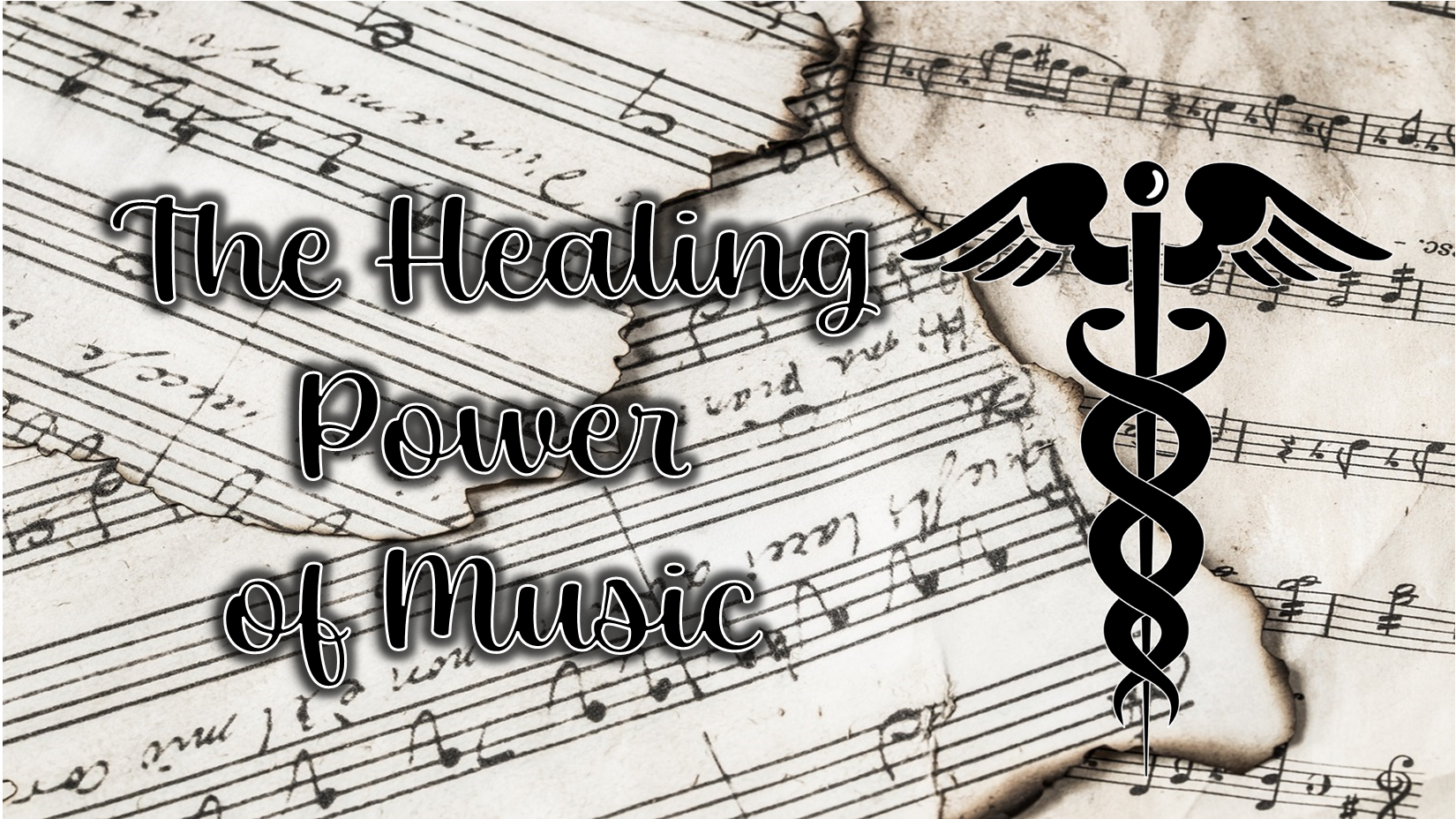If you want to do something good for your brain, turn on some music and sing along. Few things have the power to stimulate the brain like music does. Music is not just an art form but also a structural, mathematical, and architectural wonder constructed one note at a time.
While listening to music, your brain makes significant computations to make sense of these complex patterns. Listening to or playing music is an excellent way to keep your brain active and healthy, especially as you age. It offers a comprehensive workout for the brain that can activate almost all the regions and networks of the brain, including those responsible for memory, movement, and mood. Music even gets different parts of the brain working together simultaneously. All that brain activation translates into health benefits like reduced stress, improved sleep, and sharper memory.
When music hits your ears, the sound waves are translated into nerve impulses that travel to several areas of the brain, including those that release dopamine, a neurotransmitter that plays a role in pleasure. Music makes you feel better.
Established in 1994, the Louis Armstrong Center for Music and Medicine has been using music therapy to reduce pain, assist with enduring radiation and chemotherapy treatments, improve quality of life for those with chronic illness such as heart disease, COPD, Alzheimer’s, Parkinson’s, neurologic symptoms related to stroke. The rhythmic nature of music and dance provides an external source for meter or pulse which can help the brain restore impaired movement.
In 2019, the National Institutes of Health invested $20 million in the Sound Health Initiative committed to exploring how music can be harnessed as a powerful tool for health. Bringing basic scientists, clinical researchers, musicians, educators, and music therapists together to play an integral role in increasing our understanding of how the brain interacts with music. This understanding provides a foundation for promoting health and treating disease. Research shows that music therapy can enhance brain plasticity — the brain’s ability to change and adapt over time to new stimulation — by forming new neural connections and activating various brain regions involved in emotion, memory, motor control, and pain perception. NIH will try to scientifically document just how music achieves all this.
Come out to Poolesville Seniors November 20th Oldies but Goodies Sing Along, it just may help you feel better!

